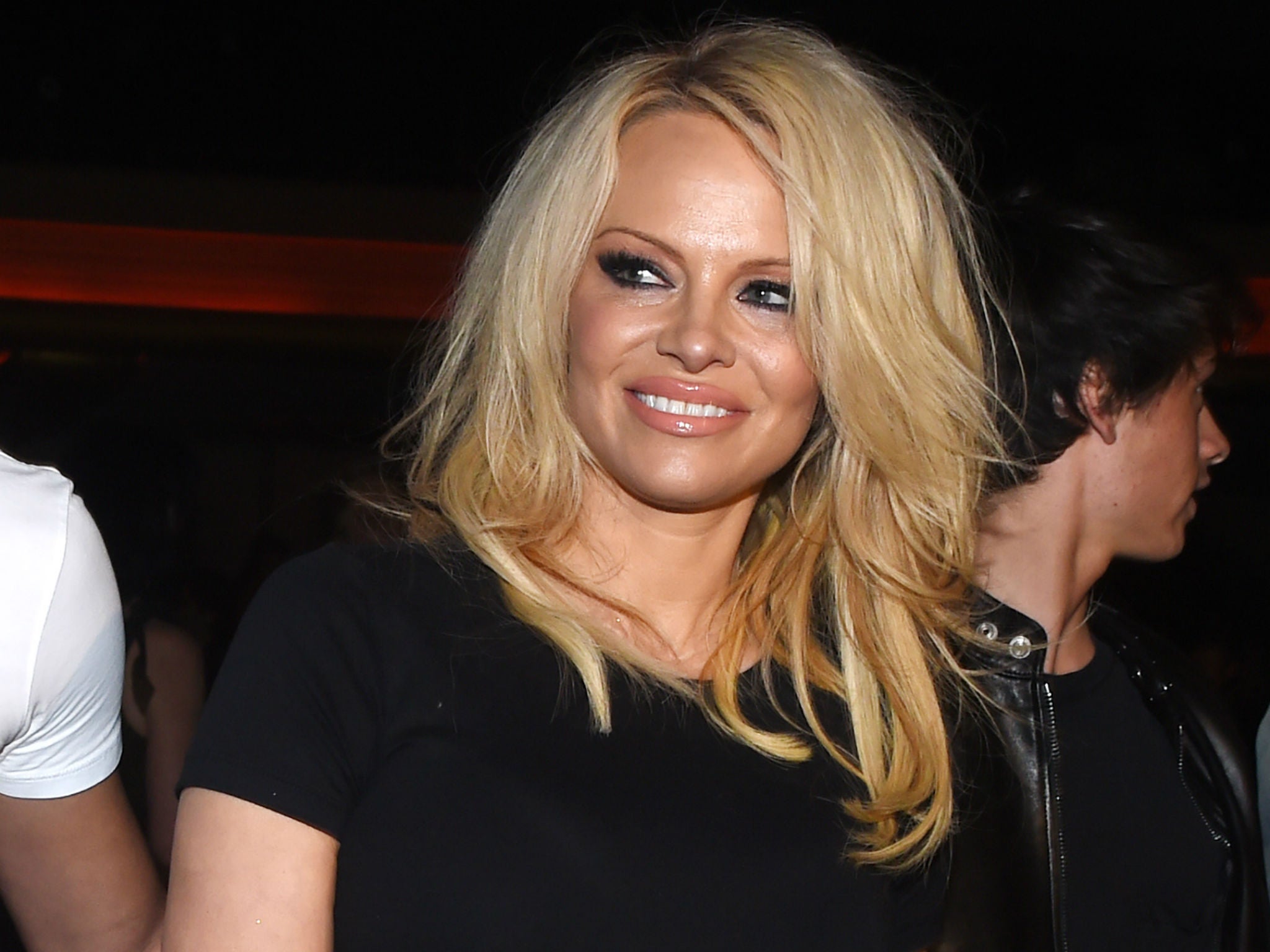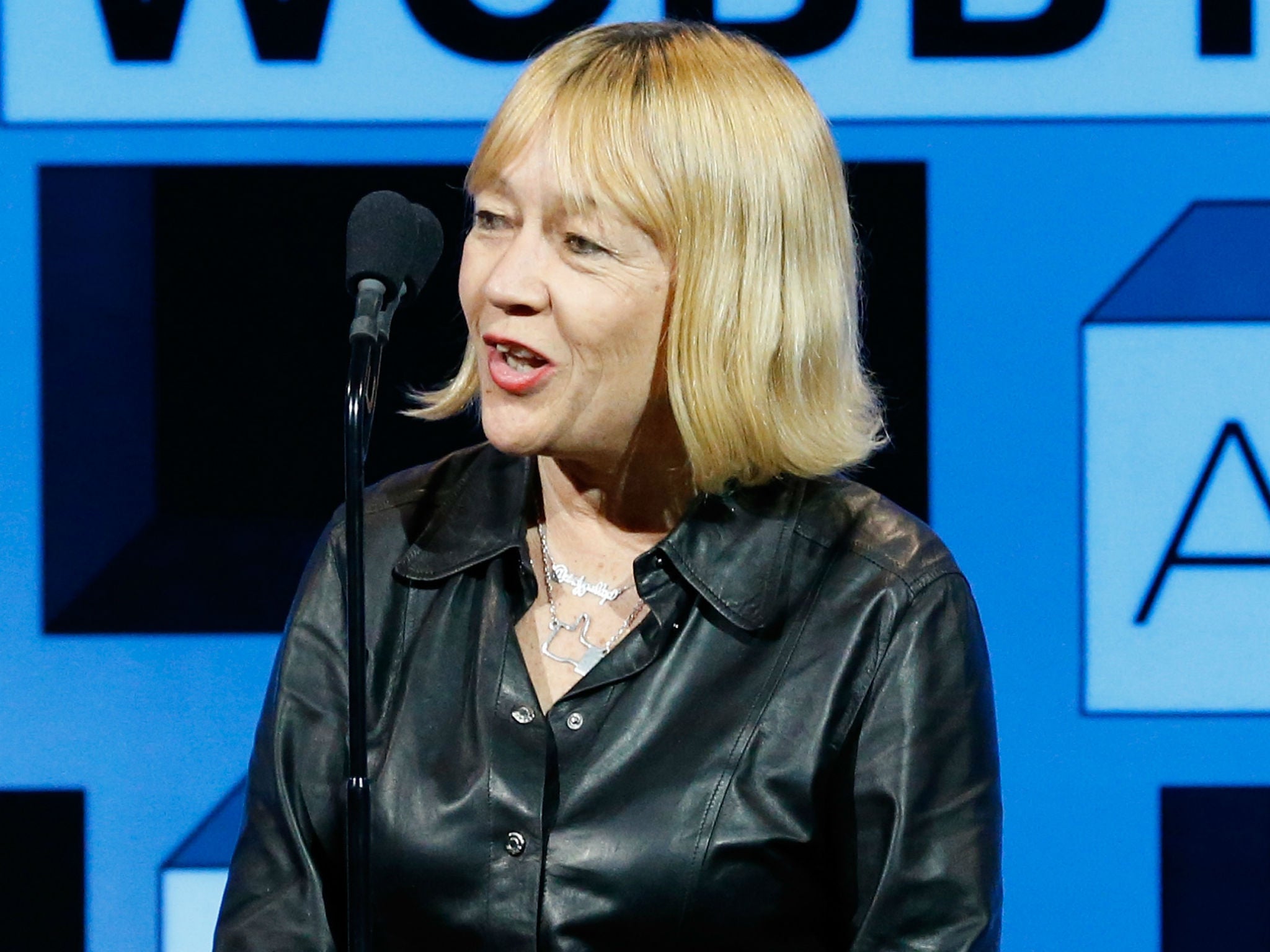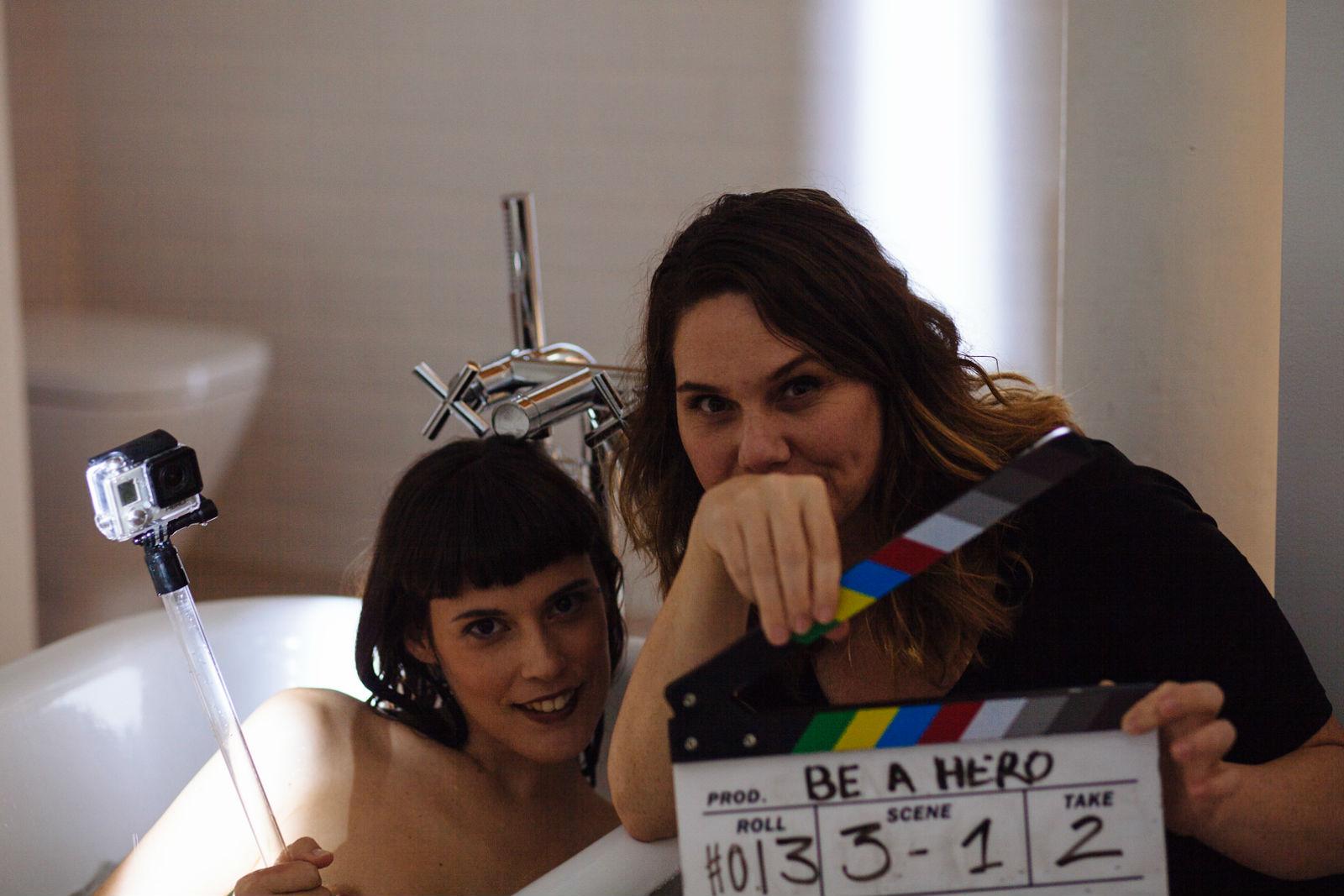Adult actors and filmmakers speak out after Pamela Anderson essay urging men not to 'indulge in porn'
Industry members and campaigners rally against op-ed claiming 'porn is for losers'

Your support helps us to tell the story
From reproductive rights to climate change to Big Tech, The Independent is on the ground when the story is developing. Whether it's investigating the financials of Elon Musk's pro-Trump PAC or producing our latest documentary, 'The A Word', which shines a light on the American women fighting for reproductive rights, we know how important it is to parse out the facts from the messaging.
At such a critical moment in US history, we need reporters on the ground. Your donation allows us to keep sending journalists to speak to both sides of the story.
The Independent is trusted by Americans across the entire political spectrum. And unlike many other quality news outlets, we choose not to lock Americans out of our reporting and analysis with paywalls. We believe quality journalism should be available to everyone, paid for by those who can afford it.
Your support makes all the difference.Adult actors, filmmakers, and campaigners are speaking out after Pamela Anderson led an editorial about porn addiction that urged men to make a pledge to stop “indulging” in porn.
In an essay co-written by Rabbi Shmuley Boteach and published in the Wall Street Journal, Anderson and Boteach declared adult entertainment a “public hazard” they claimed had long-term, “corrosive” effects on a man’s soul and family life.
But the piece was deemed reductive and moralistic for blaming breakdowns in family life on porn consumption. Major points of contention included comparisons between porn addiction and drug addiction and using Anthony Weiner’s sexting scandal as proof of the “addictive dangers” of mainstream porn. "Whereas drug-dependency data are mostly stable," they wrote, "the incidence of porn addiction will only spiral as the children now being raised in an environment of wall-to-wall, digitised sexual images become adults inured to intimacy and in need of even greater graphic stimulation. They are the crack babies of porn."
In highlighting how readily available porn is and how much adult content is now disseminated online, they warned: “We are a guinea-pig generation for an experiment in mass debasement that few of us would have ever consented to, and whose full nefarious impact may not be known for years.”
It also focused solely on the harmful effects its authors believe porn could have on men despite acknowledging research showing women are increasingly watching adult content. They justified excluding women from their message by suggesting those who did consume porn reported watching less explicit content.
The essay has provoked a strong reaction among members of the adult industry and campaigners, some of whom have spoken to the Independent about why they believe Anderson and Boteach are misdirected in blaming problematic behaviours on porn.
Maria Riot, an adult performer living in Barcelona, said the arguments presented in the essay are “ridiculous”. Her conservative stance on porn is hypocritical, says Riot, in light of her past work which has included photoshoots for Playboy as recently as December.
“Porn is for fun, for pleasure, for entertainment," she said. "If people use porn for educating themselves or they become addicts to it, it is not because of porn, it is because of problems that society has, like poor sex education, for example.”
While acknowledging that some of the scenes presented in mainstream porn can be problematic, she says porn is fundamentally fictitious and should not be perceived as a reflection of reality or sexual relationships. “People have to know that porn is fiction most of the time, that everything is happening on a set where some things are planned or edited. I encourage Pamela Anderson and everyone who says that porn is bad to open their minds and rethink the ideas they have about sex and individual freedom.”
Cindy Gallop, the founder of Make Love Not Porn, a user-generated, crowdsourced video-sharing website curating videos of people having real world sex, branded the op-ed “so utterly ridiculous I hardly know where to start”. Gallop, who describes herself as “pro-sex, pro-porn and pro-knowing-the-difference”, believes Anderson is wrongly blaming porn for wider societal attitudes towards sex that need addressing.

“It's a classic example of the fact that many things are laid at porn's door that should be laid instead at society's. The issue isn't porn. The issue is the complete absence in our society of an open, healthy, honest conversation around sex in the real world.
“The only thing I agree with is that it is indeed time for 'an epochal shift in our public and private lives'. But not the one that Pamela Anderson and Rabbi Boteach are calling out for. In a world where the ubiquity of internet porn means the average age a child is exposed to it is eight (not because they go looking, because they stumble across it), we cannot go on operating around sex and porn the way we always have. We have to understand that everyone is a sexual being, and we have to incorporate that into our everyday lives instead of refusing to talk about sex, and then throwing up our hands in horror at the fact that people watch porn.”
The feminist filmmaker Erika Lust questioned the way Weiner’s controversy had been related to porn and relationships.
Lust, a self-described “indie erotic film director”, makes adult films for women which presents them as empowered instead of demeaned, a major theme in mainstream porn.

She said: “Pornography is capable of both damaging and helping relationships, dependent on the nature of the films, and can be a healthy part of men and women exploring and developing their ever shifting and growing sexualities.
“By attacking men exclusively she disregards the complexities of both male and female sexuality. I am a woman and a mother who makes feminist erotic films and I know for certain that women are just as inclined to watch porn as men are.
“Another tenuous link Ms Anderson implies is that men are watching more violent and misogynistic pornography as opposed to women who want ‘a less explicit variety’ of film, thus making them desensitised to loving or caring relationships in real life. Parents are human and have sexuality. And our human desires should not be intrinsically linked to our capacity to be a good parent or spouse.”
Lust said the only pledge that men should be making is to work together to engender an to end misogynistic and violent behaviour against women in every capacity.
“We need to have real, honest discussions about the culture of objectifying women, prevalent in all aspects of our society.“
Join our commenting forum
Join thought-provoking conversations, follow other Independent readers and see their replies
Comments